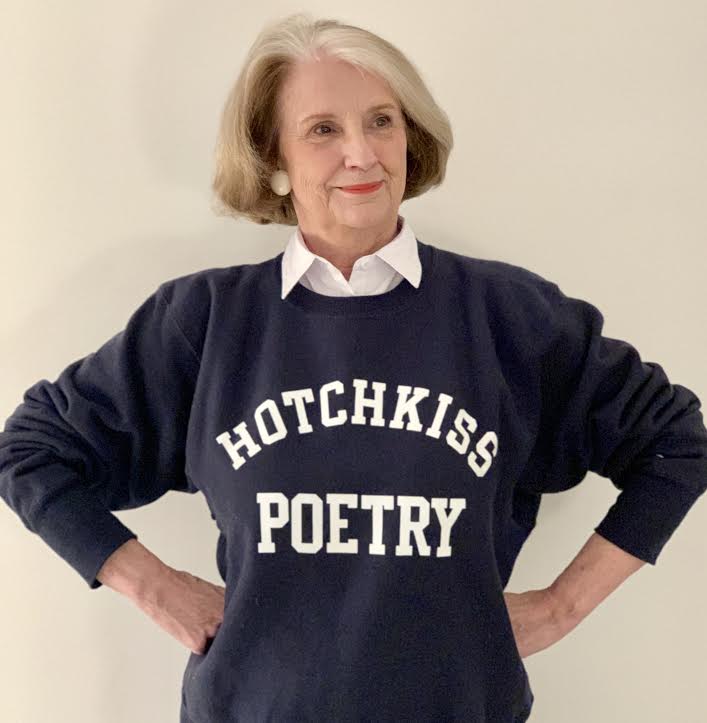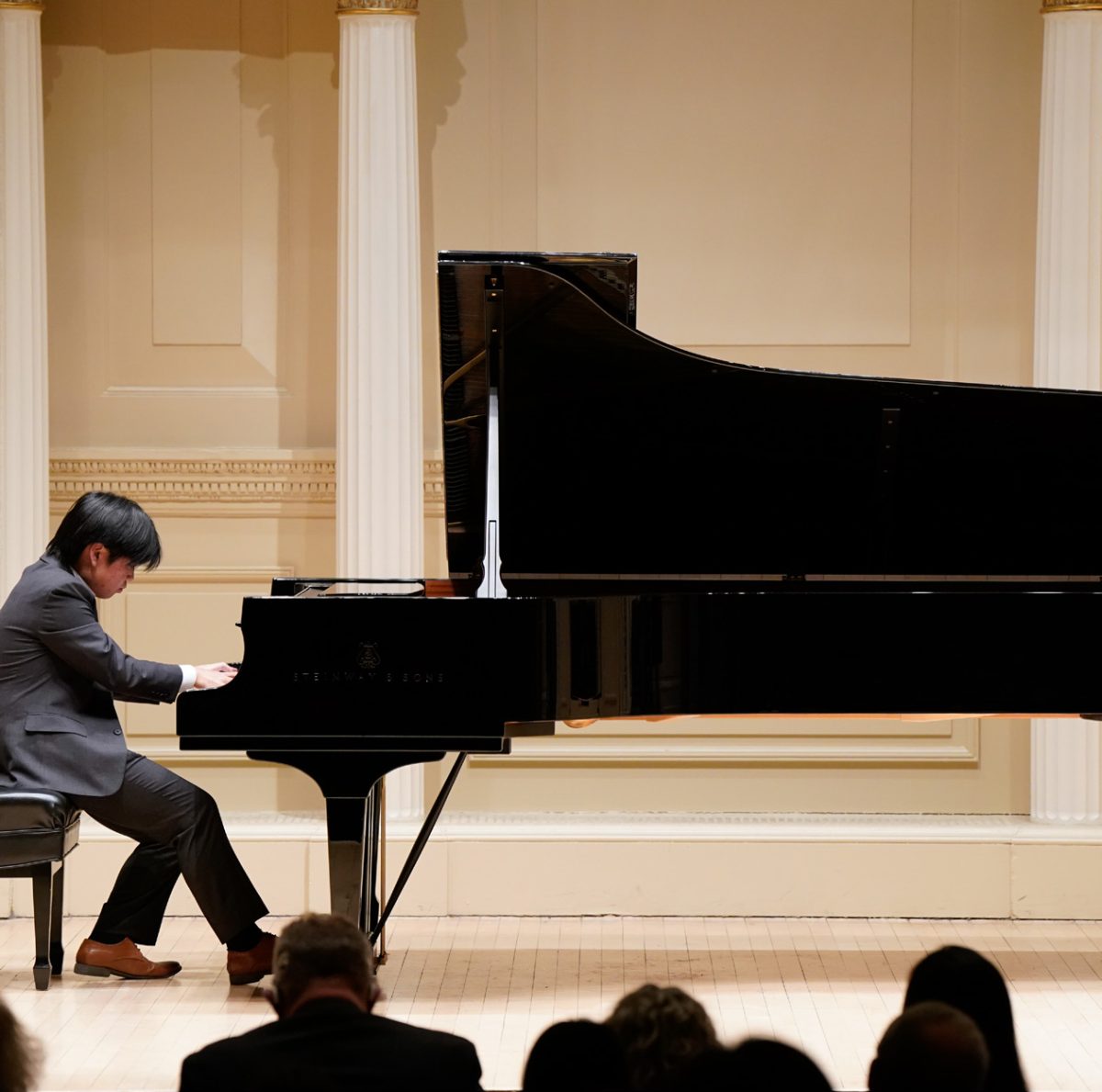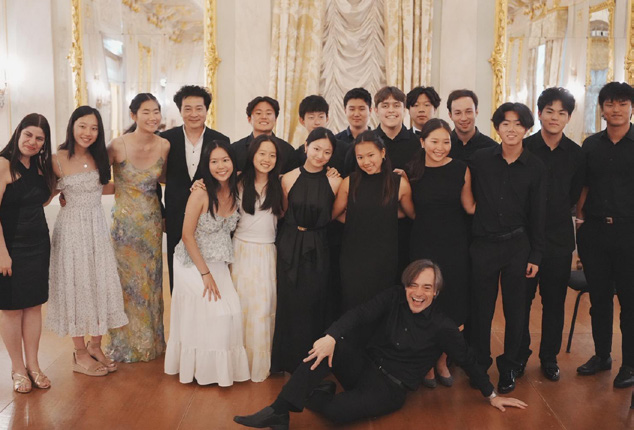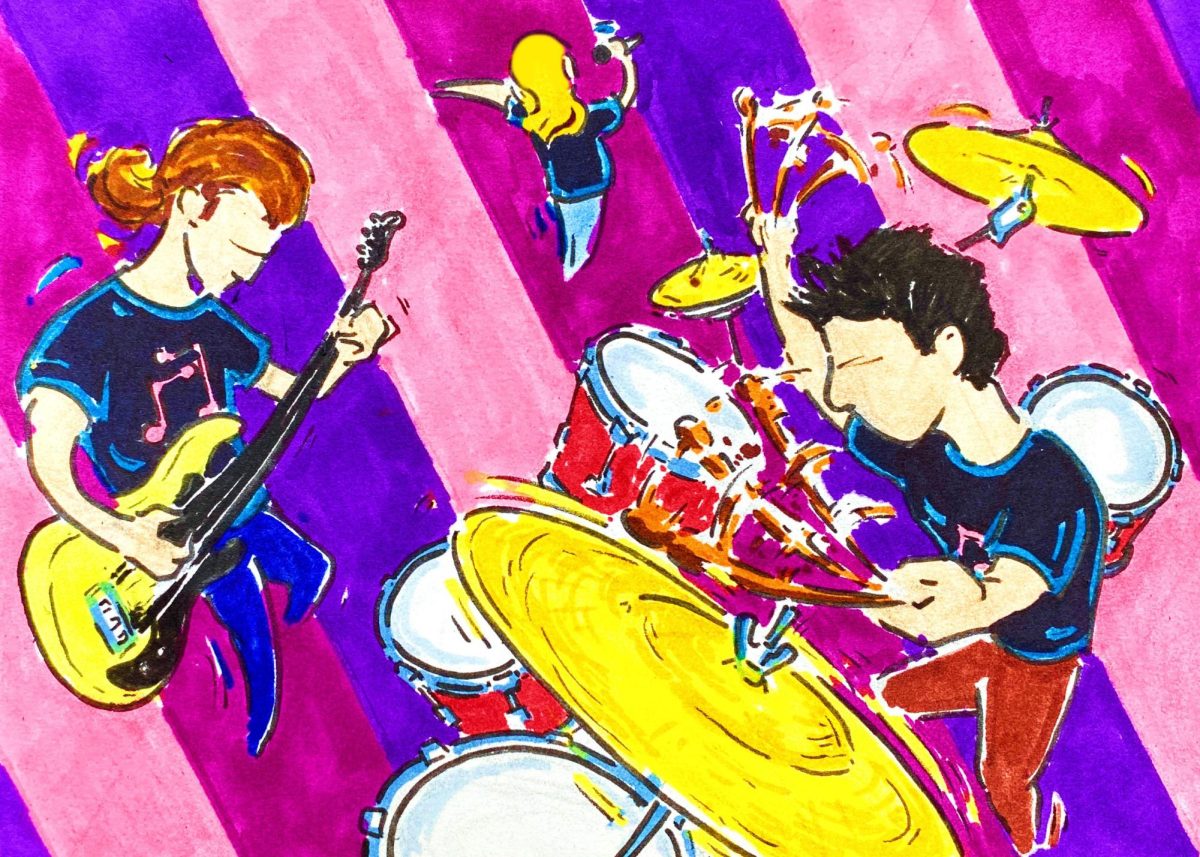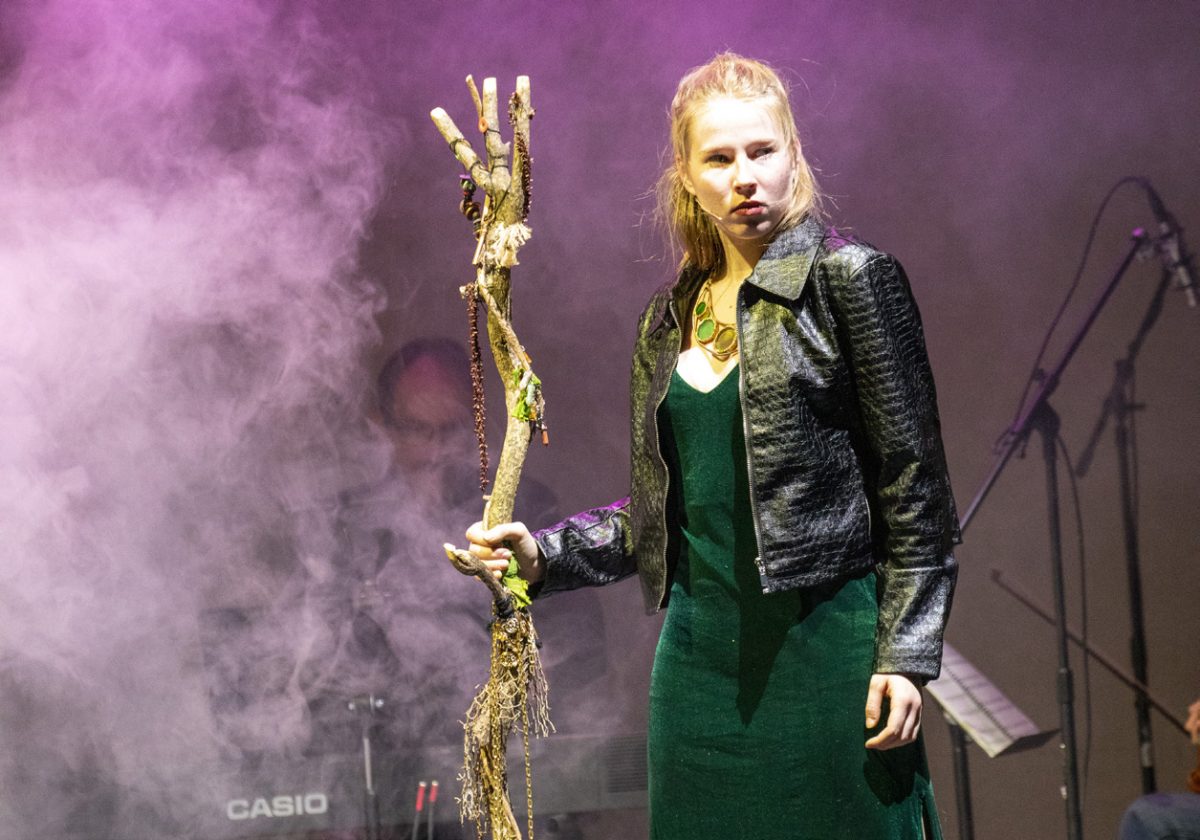Former instructor in English and poet-in-residence, Ms. Susan Kinsolving, is the author of four poetry collections. After being invited to the school as a visiting poet in 2009, she joined the community and taught full- time for another 14 years. Her first published novel, The Head’s Tale, was released on April 29, 2025. On May 15, Ms. Kinsolving will join her husband, writer William Kinsolving, in a reading of their newest publications at The Scoville Memorial Library in Salisbury, CT.
What kind of story is your new book,
The Head’s Tale? It is the story of Miranda Crandall, a young woman who becomes head of a prep school called Strutthorn Academy in Massachusetts. She is very ambitious, confident, and somewhat narcissistic. She is, I hope, an anti-hero. You don’t find her entirely likable, but you still pull for her as a reader. The book tells of her follies and foibles administrating a community full of adolescents and adults as she tries to be a good, effective, and innovative head of school.
The style is broad humor; a satire not to be taken seriously. I think much of academia has its own absurdity. I’ve easily read 30 or 40 academic memoirs and satires, and I’ve been a longtime fan of two classic academic novels—J. D. Salinger’s Catcher in the Rye and Randall Jarrell’s Pictures of an Institution. I hope The Head’s Tale entertains and amuses as much as allows for some insight via absurdism.
Can you tell us a bit about the creative process of writing this book?
I’ve been a guest teacher at Milton Academy and Stevenson School; one of my daughters went to Milton, and the other went to Choate; my husband went to Episcopal. So I have looked at preparatory schools from several different angles. I started this book many years ago, and my only rule with it was this: if I had a vacation that was a week or longer, I would return to writing the book. And I did that over many years.
Can you tell us a bit about the creative process of writing this book?
The writing process was certainly fun. A lot of times, if something touched my satirical interest at school, I would think, maybe I could use this.
Making a book work is a real process of rewriting. I had a very good editor and a very good proofreader, to whom I am exceedingly grateful. I also thank all my early readers, who gave me advice or a place to stay and work, and all my students, who gave me an education.
Why do you write? Why did you write this book at this time?
I don’t really have a clear answer of why I write. It just perpetually interests me and often delights me. It’s like, why do I read? It’s very fulfilling to the psyche and the intellect. I started writing poetry at a very young age and never stopped. I have four books of published poetry. I have organized many, many poetry reading series in this country and abroad. I love all of that.
Why this book at this time? It’s finally finished, so that’s part of the reason. But also, I am concerned that our time is not—sociologically, nationally, and globally—in a time of lightheartedness. A satirical novel meant to entertain is not really the mood of the country; it is not my mood either. But maybe it will provide some escapism.
What are your suggestions for aspiring writers?
Keep writing and keep reading. You will not be a good writer without being a good reader. Both processes feeds the other. They both activate the imagination, and imagination is the best gift that we have as individuals. It’s all our own and you can make something of it—maybe it’s a masterpiece, maybe it’s a good joke!
What advice would you give to students at preparatory schools in general?
You cannot know at your age how lucky you are, but it is an extreme privilege in this world to have a real education and to have relationships with teachers, coaches, counselors, and peers.
As tough as it is being an adolescent, try to keep in mind that this is really special. And it’s yours. And it’s only yours for a short time.
What other projects are you working on at the moment?
I have been working with the University of Mississippi; I will be judging a poetry contest and award a really wonderful monetary prize as well as involvement with the university there.
I’m delighted to be connected with an excellent university in the poorest state in this country. The work that they are doing is so admirable and so challenging; it’s really meaningful for me to be part of that.


